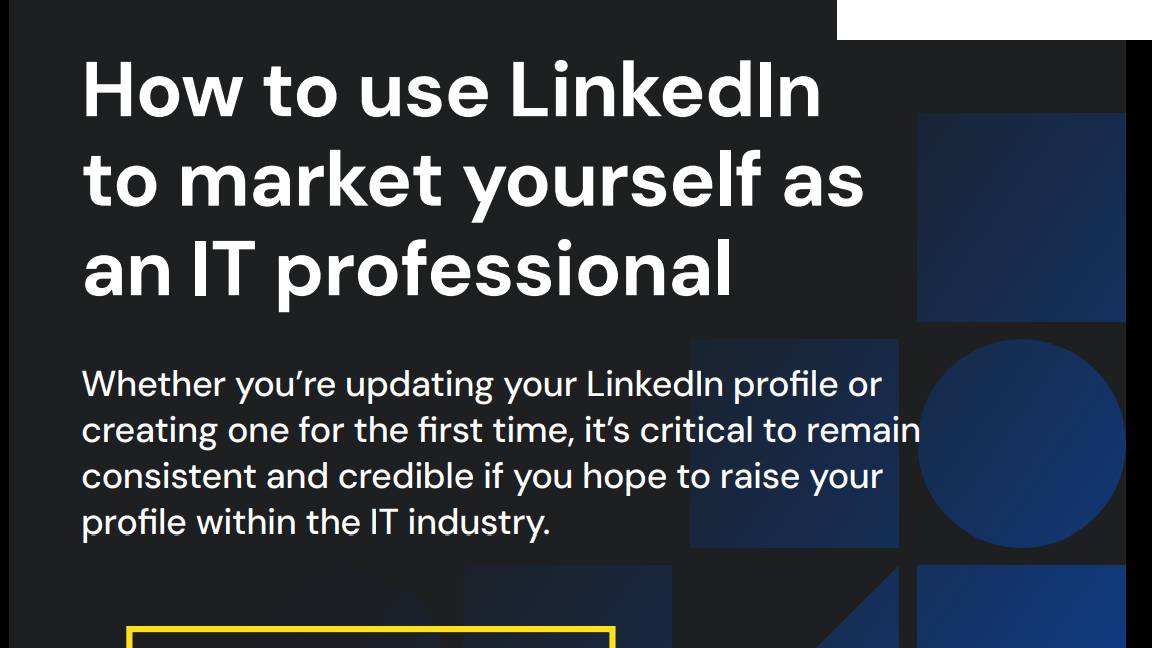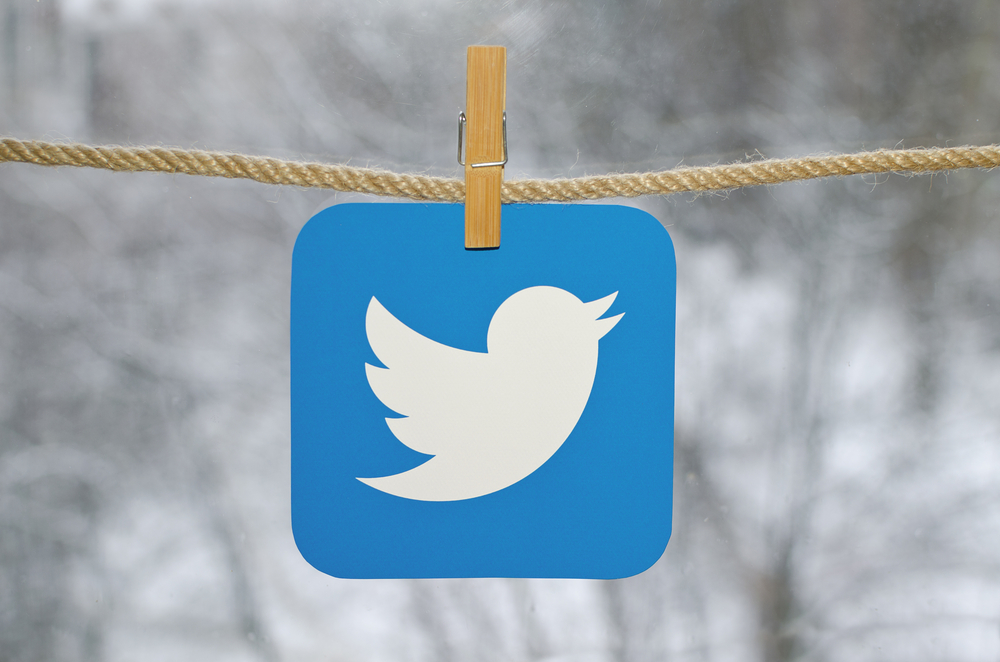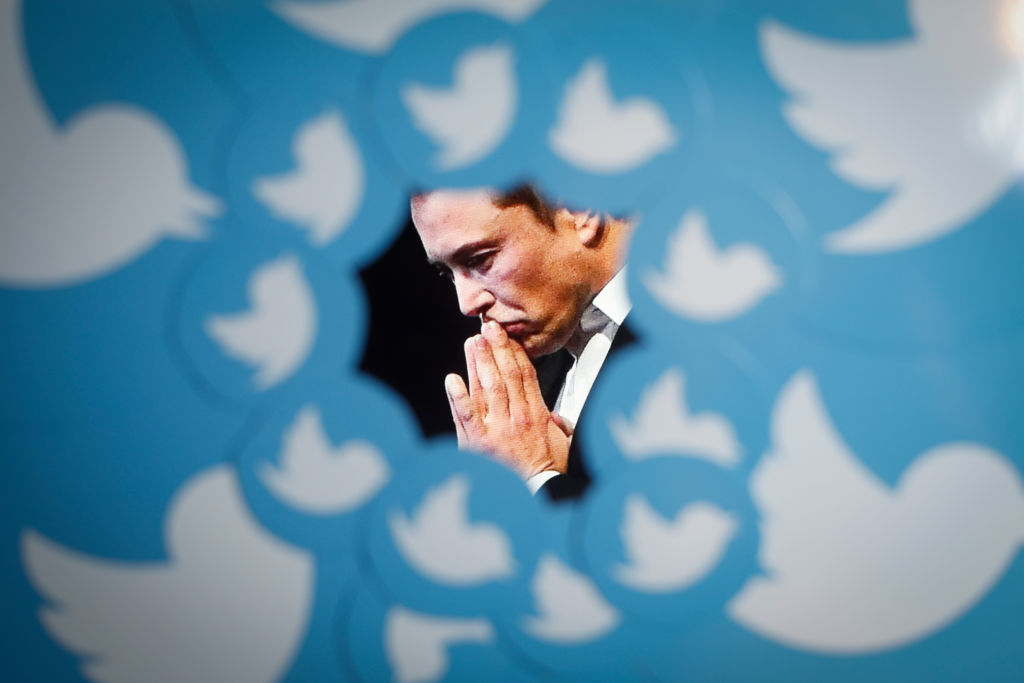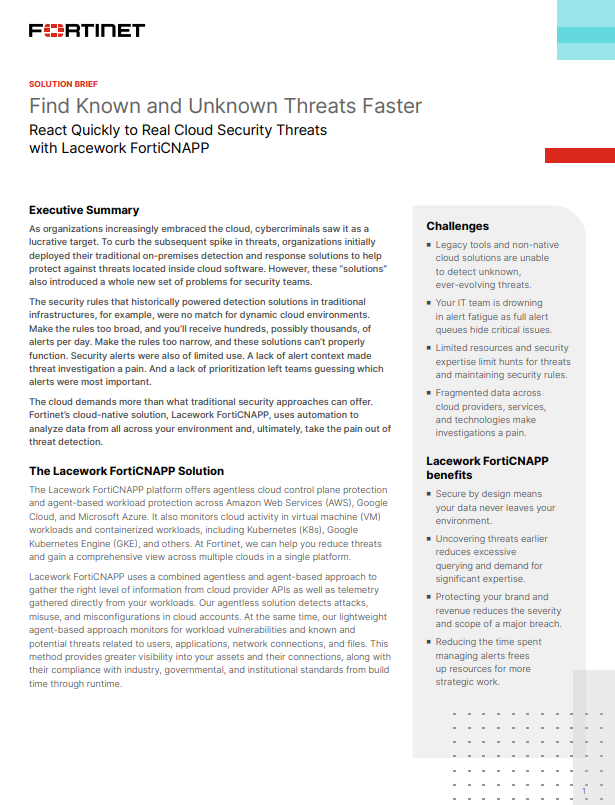Twitter, YouTube damage working memory
But Facebook and some games can boost your skills, according to a researcher.


Watching clips on YouTube and sharing it on Twitter may be fun for some, but it could be hurting people's working memory, according to one researcher.
Speaking at the British Science Festival, Dr Tracey Alloway said short form communication like Twitter and YouTube is harming our ability to remember.
Alloway described Twitter as an "endless stream" that doesn't allow users to "process or manipulate" what they're seening. "It's not a dialogue," said Dr Alloway, who is the Director of the Centre for Memory and Learning in the Lifespan at the University of Stirling.
She had the same judgement for YouTube. She claimed children who watch too much TV are more likely to be diagnosed with attention deficit disorder. "A TV programme may be 30 minutes long. A YouTube clip is only a minute or so - your attention span is being reduced and you're not really engaging your brain and developing your neural connections to engage on a longer basis," she said.
It's not all bad news, however. Other forms of tech communication, such as Facebook, might be helping to train our brains.
"Social networking sites like Facebook might help working memory, because when we use them we feel more part of a larger community," she claimed.
Dr Alloway is set to run a web-study of social networking sites for the Edinburgh Science Festival.
Get the ITPro daily newsletter
Sign up today and you will receive a free copy of our Future Focus 2025 report - the leading guidance on AI, cybersecurity and other IT challenges as per 700+ senior executives
Freelance journalist Nicole Kobie first started writing for ITPro in 2007, with bylines in New Scientist, Wired, PC Pro and many more.
Nicole the author of a book about the history of technology, The Long History of the Future.
-
 How to use LinkedIn to market yourself as an IT professional
How to use LinkedIn to market yourself as an IT professionalwhitepaper Whether you’re updating your LinkedIn profile or creating one for the first time, it’s critical to remain consistent and credible if you hope to raise your profile within the IT industry
By ITPro
-
 Who owns the data used to train AI?
Who owns the data used to train AI?Analysis Elon Musk says he owns it – but Twitter’s terms and conditions suggest otherwise
By James O'Malley
-
 Meta to pay $725 million in Cambridge Analytica lawsuit settlement
Meta to pay $725 million in Cambridge Analytica lawsuit settlementNews The settlement closes the long-running lawsuit into how Facebook's owner, Meta, handled the Cambridge Analytica scandal
By Ross Kelly
-
 Elon Musk confirms Twitter CEO resignation, allegations of investor influence raised
Elon Musk confirms Twitter CEO resignation, allegations of investor influence raisedNews Questions have surfaced over whether Musk hid the true reason why he was being ousted as Twitter CEO behind a poll in which the majority of users voted for his resignation
By Ross Kelly
-
 Businesses to receive unique Twitter verification badge in platform overhaul
Businesses to receive unique Twitter verification badge in platform overhaulNews There will be new verification systems for businesses, governments, and individuals - each receiving differently coloured checkmarks
By Connor Jones
-
 Ex-Twitter tech lead says platform's infrastructure can sustain engineering layoffs
Ex-Twitter tech lead says platform's infrastructure can sustain engineering layoffsNews Barring major changes the platform contains the automated systems to keep it afloat, but cuts could weaken failsafes further
By Rory Bathgate
-
 ‘Hardcore’ Musk decimates Twitter staff benefits, mandates weekly code reviews
‘Hardcore’ Musk decimates Twitter staff benefits, mandates weekly code reviewsNews The new plans from the CEO have been revealed through a series of leaked internal memos
By Connor Jones
-
 Twitter could charge $20 a month for 'blue tick' verification, following Musk takeover
Twitter could charge $20 a month for 'blue tick' verification, following Musk takeoverNews Developers have allegedly been given just seven days to implement the changes or face being fired
By Rory Bathgate

